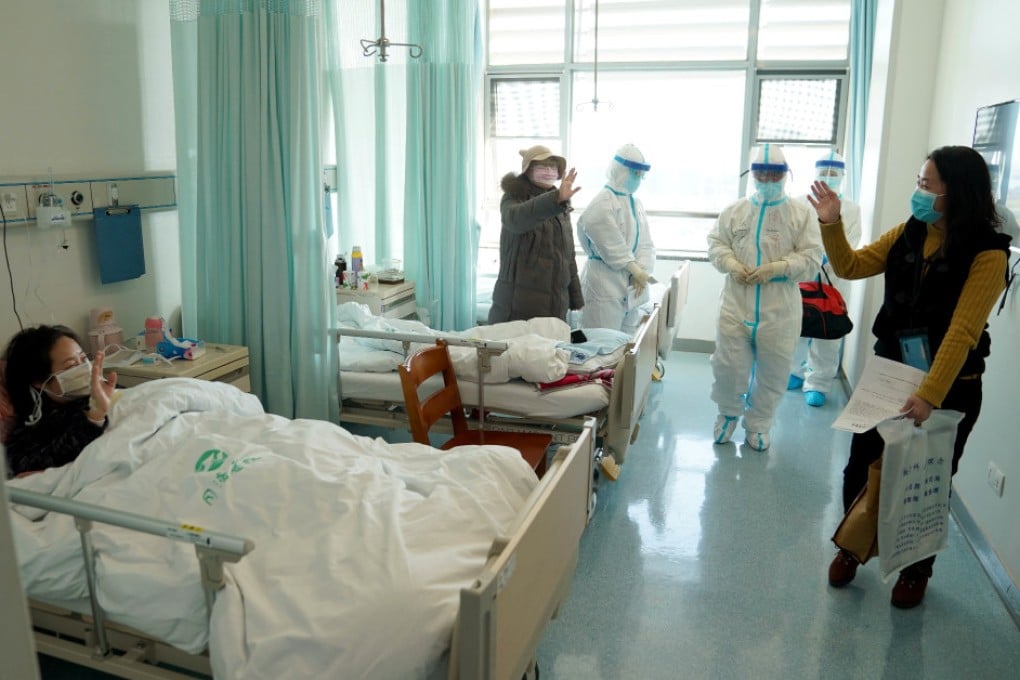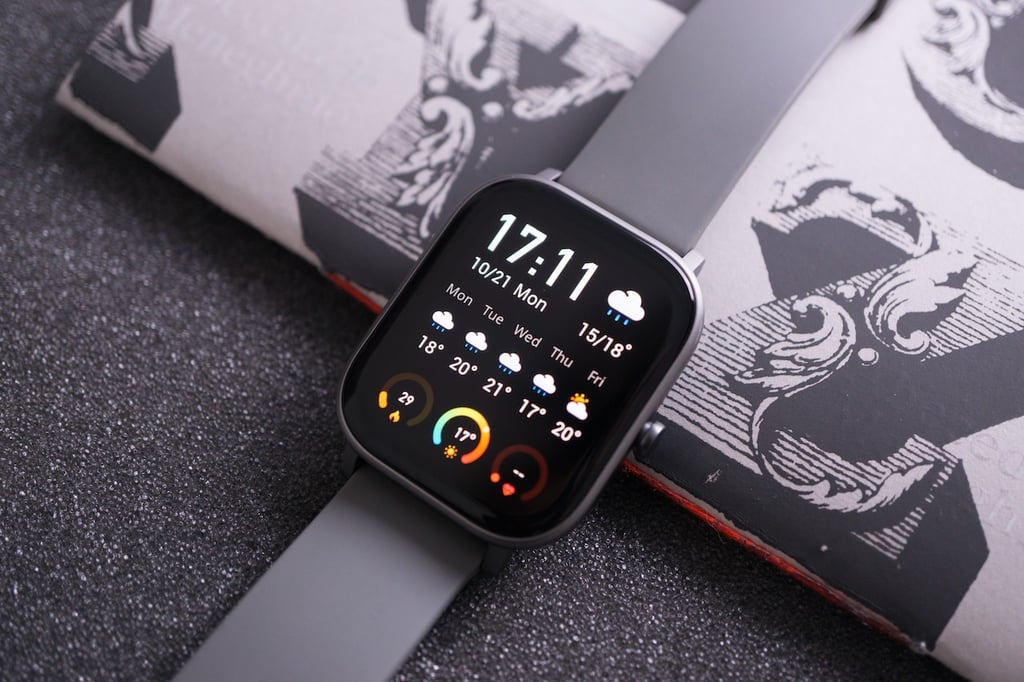China wants to use fitness trackers to monitor coronavirus survivors
Huami, the Xiaomi-backed maker of Amazfit smartwatches, joins researchers in a quest to prepare for the next pandemic

As China appears to recover from the coronavirus pandemic, doctors and health officials are gradually shifting their focus from emergency wards to patients who have been discharged from hospitals. To keep track of their health, a team of medical experts is seeking the help of Huami, the Xiaomi-backed maker of Amazfit smartwatches.
As with most smartwatches and fitness bands, Huami’s devices are designed to monitor heart rate, track sleep and record your workout data. Some are equipped with GPS, which means they also know where a user has been and how far they’ve walked. These all contribute to useful data for following a patient’s recovery.

As countries around the world scramble to contain the deadly contagion, researchers are trying to gather more clues from people who have survived the disease. Among the burning questions are whether these patients are at risk of falling ill again and whether they might suffer from long-term health damage.